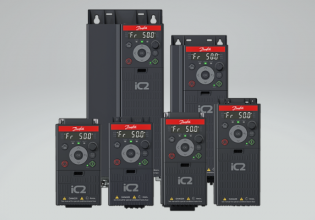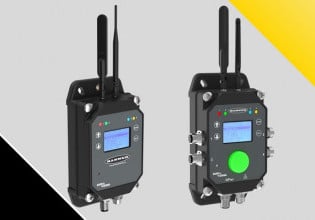S
Hi All,
Is there anything wrong in installing Rockwell Softwares and Microwin Step7 Program in same computer? I was advised by one of the Siemens Trainer (local) that you could end up in communication problem. Welcoming ideas / suggestion from experts?
Regards,
Shree
Is there anything wrong in installing Rockwell Softwares and Microwin Step7 Program in same computer? I was advised by one of the Siemens Trainer (local) that you could end up in communication problem. Welcoming ideas / suggestion from experts?
Regards,
Shree






